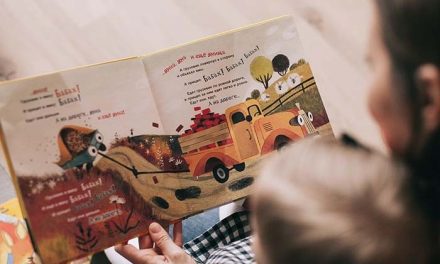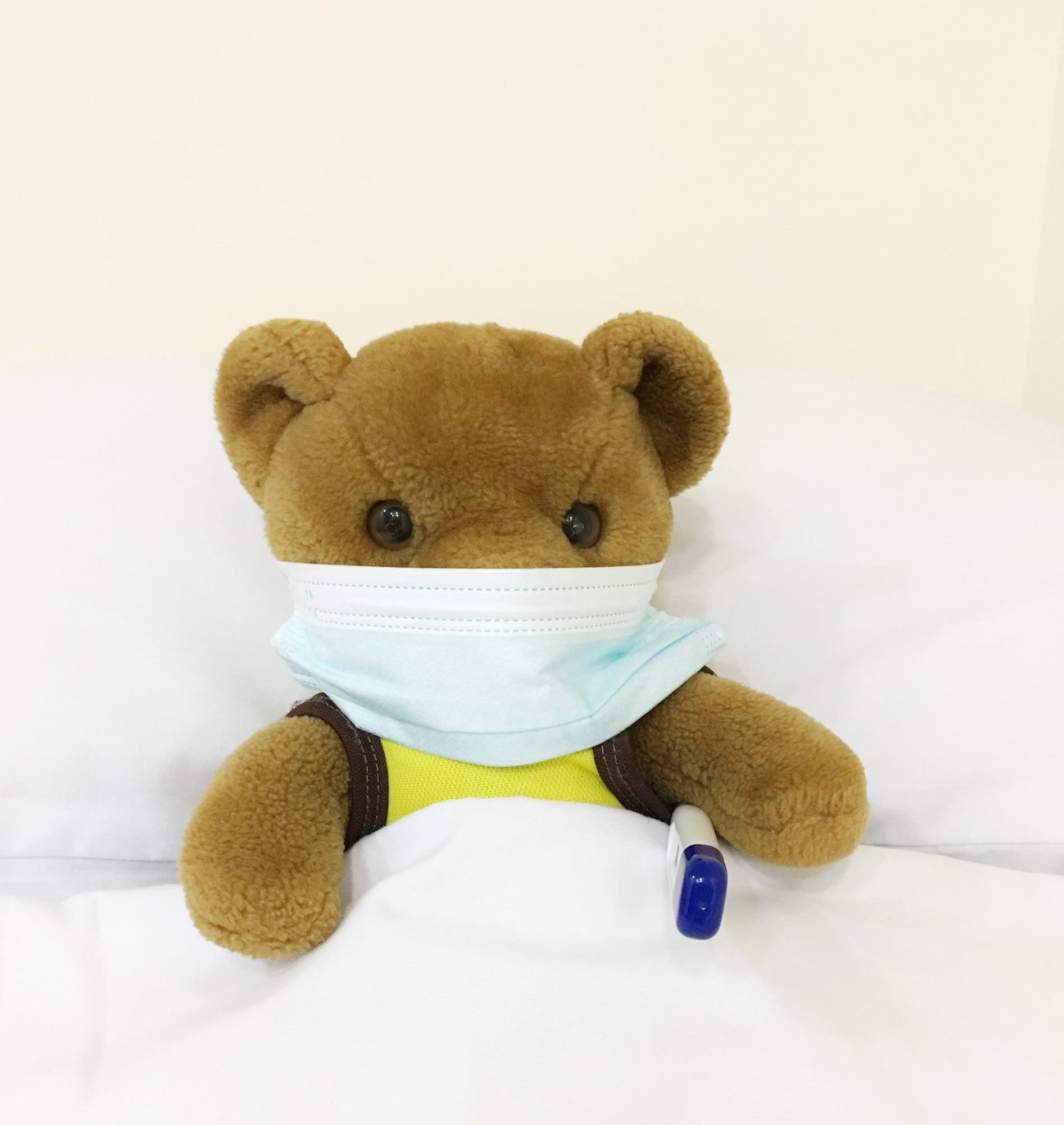Breastmilk is essential for a baby’s growth. It accounts for your baby’s overall physical development and aids in developing your baby’s rapidly growing brain. Research states that food consumed by the lactating mother has some effect on the milk produced. Hence, a mother must know what is healthy for her to eat and what might have a harmful impact on the breastmilk. This article lists a list of foods to avoid while breastfeeding.
What Does A Healthy Breastfeeding Diet Mean?
Pregnancy and altogether birth-giving is a very exhausting and overwhelming journey. Eating while pregnant isn’t just about eating for the two of you. It is also about providing appropriate food in quantity and quality. Certain foods are beneficial and some foods to avoid while breastfeeding.
As a woman steps into the third month of their pregnancy, there is a need for an additional 200 -300 kcal of food intake. You need to add those extra calories to your already existing pregnancy diet. A healthy breastfeeding diet includes having the right amount of nutrients with plenty of fruits, vegetables, lentils (dal), and some dairy. All of this should account for a healthy breastfeeding diet.
Myths & Facts Regarding Foods To Avoid While Breastfeeding
There are very many myths regarding foods to avoid while breastfeeding. In this process of figuring out what is correct and what is wrong, sometimes, as parents, we tend to get thoroughly confused. So, let us bust a few myths regarding breastfeeding for you.
-
Breastmilk produced in one’s body is made directly from what one eats
Breastmilk is made directly from the mother’s blood and not directly from what she eats. The food or drink that the mother consumes is first broken down into molecule-sized components and is then absorbed into the blood.
-
If the mother has a poor diet, then that affects the quality of the breastmilk
Breastmilk contains all the nutrients, stem cells, and immunity-building cells required for the baby. You cannot replace or replicate these. Even in a skeletal condition, a mother can produce milk that their baby needs, not affecting the milk quality. However, the absence of proper nutrition might take a toll on the breastfeeding mother’s health.
You might also be interested in: ‘Indian Breakfast recipes for breastfeeding moms’.
-
You need to drink milk to produce milk
Researchers across the world have highly challenged this myth. Vegan mothers and mothers who don’t drink milk can breastfeed their babies without issues. The science behind this is that humans are the only animals that consume milk produced by other animals. Hence, other animals who don’t drink milk can produce milk for their offspring. Thus, there is no correlation between drinking milk and being able to produce it.
Foods That You Can Avoid While Breastfeeding
Let’s now have a look into a list of foods to avoid while breastfeeding:
1. Caffeine
Beverages like tea, coffee, and soda are common sources of caffeine. Their consumption can affect breastfed milk. Babies, in general, have a hard time breaking down caffeine and then getting it out of their system. If it accumulates in their system, it can cause irritability and disturb their sleep. Another source of caffeine in solid food is chocolate; it is rich in theobromine. It is known to have the same impact as caffeine on your baby. Caffeine causes irritability and grumpiness to your baby if your consumption goes beyond 750mg.
2. Fish that have high mercury content
Fish with high mercury content, such as swordfish and sharks, have a chance to cause mercury poisoning. Therefore, limiting mercury exposure is advisable, especially during breastfeeding.
3. Cow and Soy Milk
Approximately 0.5-2% of infants are allergic to cow’s milk protein through their mother’s milk, and an approximate 0.25% of infants are allergic to soy milk. So, keeping a low consumption of it is something to be mindful of. Check with your paediatrician if you feel that your baby might be allergic to cow milk or soy milk.
4. Alcohol

Consumption of alcohol should be strictly denied by breastfeeding mothers.
Abstain from alcohol during pregnancy and even postpartum. Alcohol can adversely affect your baby in terms of growth and development. How much your baby consumes alcohol through breastfeeding depends upon how much alcohol is consumed by you. Research states the amount of alcohol content peaks the most in the first 30-60 minutes of consumption.
5. Cabbage, Garlic, Broccoli & Beans
The reason behind reducing or not eating cabbage, broccoli, or cauliflower while breastfeeding is that these foods might make your baby develop flatulence or gassiness. Some might think otherwise; however, we recommend checking with your pediatrician about it. Also, monitor your baby’s health and finally make the call as these vegetables have dozens of benefits.
Conclusion
There may be many views and opinions on foods to avoid during breastfeeding. Eating a variety of healthy foods can support a healthy pregnancy and delivery. We believe it is essential that one stays in constant touch with their doctor to understand in depth what foods to eat and what you must avoid.






